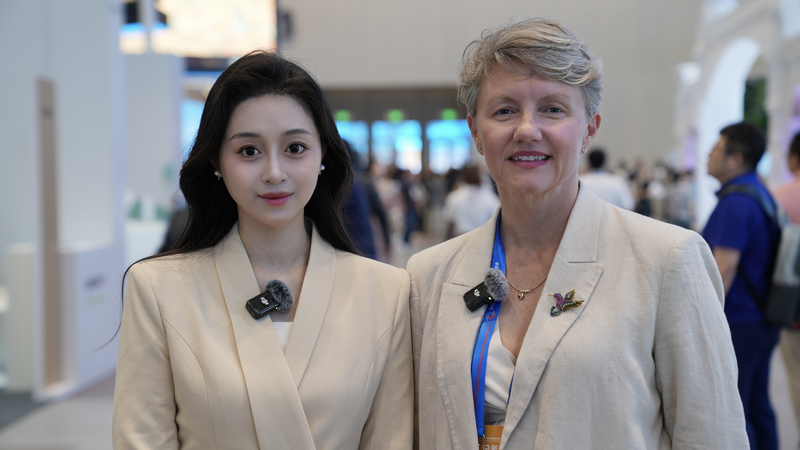As the global landscape shifts, Europe and China are finding new ways to collaborate, focusing on commonalities and shared interests to foster a more sustainable and inclusive global society.
The traditional West-driven economic and trade order, characterized by trade liberalization and deregulation, has given way to a multipolar world where countries prioritize their own affairs while seeking new systems to address shared challenges.
The BRICS group, originally comprising Brazil, Russia, India, China, and South Africa, has expanded to include Argentina, Egypt, Ethiopia, Iran, Saudi Arabia, and the United Arab Emirates, underscoring the need for diverse approaches to international relations and inclusive growth.
One of the key areas where Europe and China can align is in their cultural foundations. While Europe's individualism contrasts with China's collective societal concerns, both cultures emphasize virtue ethics, respect for culture, and the pursuit of social harmony over individual desires.
By recognizing these common values, Europe and China can navigate the complexities of international relations, manage cultural tensions, and work together to promote excellence and human thriving on a global scale.
Reference(s):
Europe-China ties shall focus on commonalities and shared interests
cgtn.com




